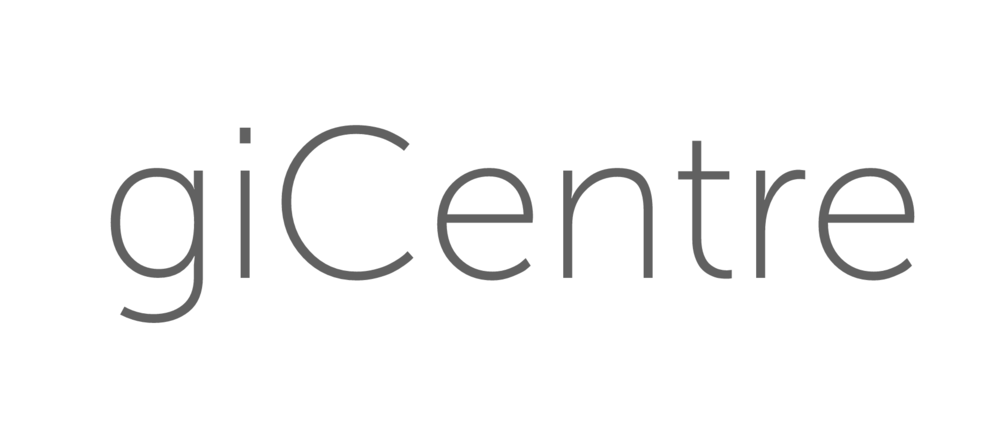Interactive Information Visualization
Monday 13th May
16:00 - 17:30
A130 (College Building)
Information visualization is being increasingly recognized as having a crucial role to play in our burgeoning data society. Yet, finding the right visualization for a specific data set, a given data task, or an evidence-based decision support tool can still be elusive. Prof. Sheelagh Carpendale will discuss her continued research towards promoting data comprehension by creating appropriate interactive visual tools that can help people negotiate the everyday transformation of vast amounts of information into knowledge. Specifically, Sheelagh will talk about her research into extending the available visual representations, using interaction to expand the potential of existing visualizations, and into broadening the potential of information visualization by investigating engagement with new audiences. While data has the potential to enrich people’s lives, there are still many challenges in how to make it comprehensible, accessible and transparent. Sheelagh continues to explore how to best use interactive visualizations to develop tools that fit and support people’s everyday work and social practices in her broad portfolio of research.
BIO: Sheelagh Carpendale is a Full Professor at Simon Fraser University in the School of Computing Science. She holds an NSERC/AITF/SMART Industrial Research Chair in Interactive Technologies and has held a Tier 1 Canada Research Chair in Information Visualization. Her most recent awards include the IEEE Visualization Career Award and being inducted into the ACM CHI Academy. She has also received many other awards including the NSERC E.W.R. STEACIE Fellowship, a BAFTA in Interactive Learning; the Alberta ASTech Award, the Canadian Human Computer Communications Society Achievement Award, and was featured in Canada’s Science, Technology and Innovation Council - State of the Nation 2012 - report. Dr. Carpendale directs the Innovations in Visualization (InnoVis) research group and initiated the interdisciplinary graduate program, Computational Media Design. She is an internationally renowned leader in both information visualization and large display interaction. Her research focuses on information visualization, interaction design, and qualitative empirical research. By studying how people interact with information both in work and social settings, she works towards designing more natural, accessible and understandable interactive visual representations of data. She combines information visualization, visual analytics and human-computer interaction with innovative new interaction techniques to better support the everyday practices of people who are viewing, representing, and interacting with information.






